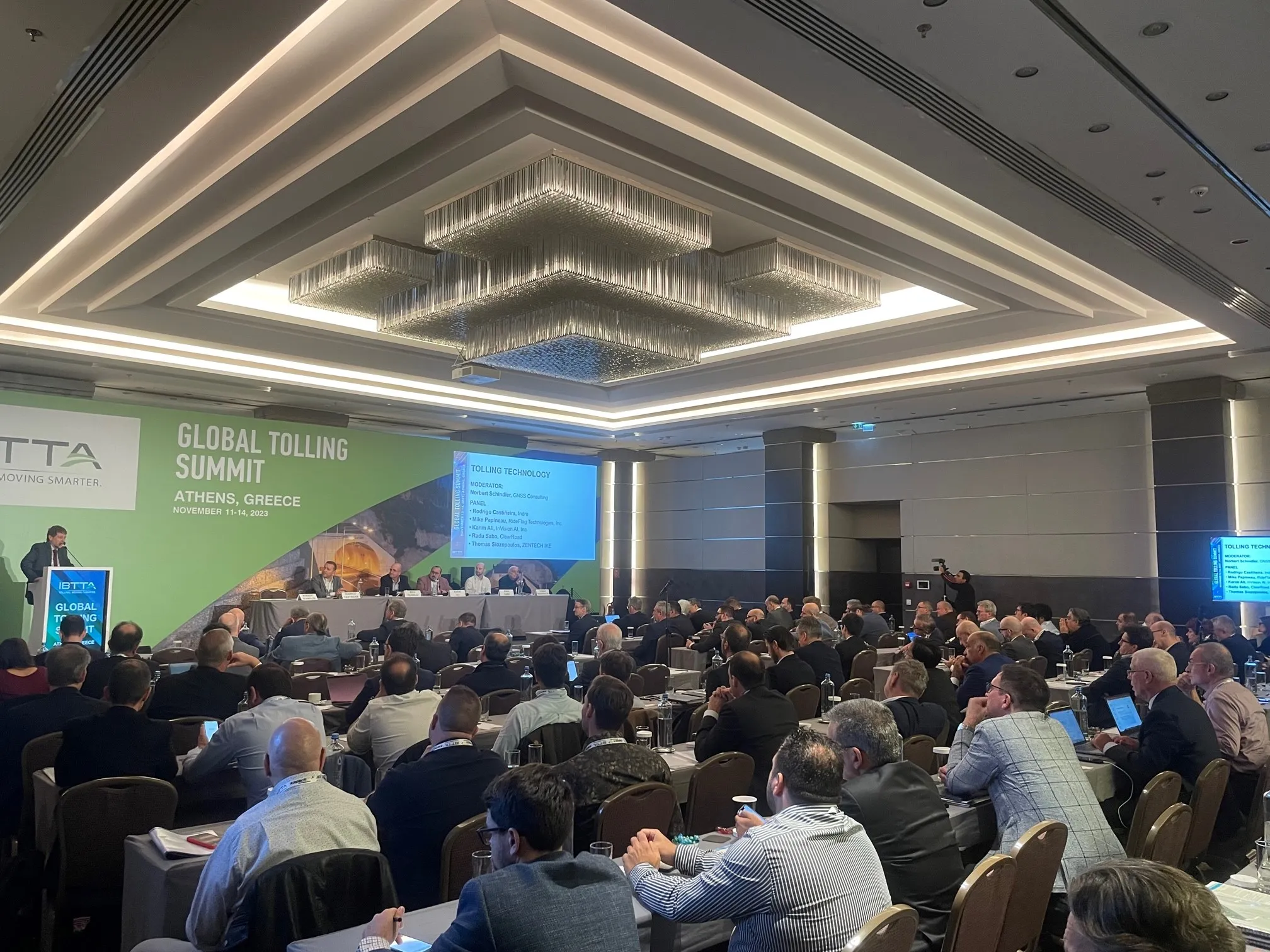The Gauteng Provincial Government (GPG) in South Africa is to set up a panel to review the impact of e-tolls and invite new proposals on how it can find a lasting solution.
Premier David Makhura announced the move during his State of the Province Address, saying the GPG will work with national government, municipalities and all sectors of society on the issue.
“While we shall not promise easy solutions and claim easy victories, we must make it clear that we cannot close our eyes to cries of sectors of
June 30, 2014
Read time: 2 mins
The Gauteng Provincial Government (GPG) in South Africa is to set up a panel to review the impact of e-tolls and invite new proposals on how it can find a lasting solution.
Premier David Makhura announced the move during his State of the Province Address, saying the GPG will work with national government, municipalities and all sectors of society on the issue.
“While we shall not promise easy solutions and claim easy victories, we must make it clear that we cannot close our eyes to cries of sectors of our population who are severely affected by the cost of travelling across the province,” said Makhura.
He said that good roads are needed in the province to support economic development, adding: “How we finance such infrastructure must be deliberated upon and agreed.”
He urged vehicle owners to continue to pay their e-Toll bills while government is finding a lasting solution.
Meanwhile, the South African National Roads Agency (2161 SANRAL) has welcomed the announcement by Moody's Investor Services to change its rating outlook from negative to stable.
"This upgrade highlights the significant progress that has been made in restoring investor confidence. It is particularly welcome that Moody's has singled out the success of good e-Toll collections related to the Gauteng Freeway Improvement Project as a key factor in their decision," said Nazir Alli, CEO of SANRAL.
The rating affirmation and outlook change is as a result of increased revenue due to e-Toll collections – which increased SANRAL's total Toll revenue from US$198 million at financial year end 2013 to US$320.5 million for the financial year ended 31 March 2014.
Premier David Makhura announced the move during his State of the Province Address, saying the GPG will work with national government, municipalities and all sectors of society on the issue.
“While we shall not promise easy solutions and claim easy victories, we must make it clear that we cannot close our eyes to cries of sectors of our population who are severely affected by the cost of travelling across the province,” said Makhura.
He said that good roads are needed in the province to support economic development, adding: “How we finance such infrastructure must be deliberated upon and agreed.”
He urged vehicle owners to continue to pay their e-Toll bills while government is finding a lasting solution.
Meanwhile, the South African National Roads Agency (
"This upgrade highlights the significant progress that has been made in restoring investor confidence. It is particularly welcome that Moody's has singled out the success of good e-Toll collections related to the Gauteng Freeway Improvement Project as a key factor in their decision," said Nazir Alli, CEO of SANRAL.
The rating affirmation and outlook change is as a result of increased revenue due to e-Toll collections – which increased SANRAL's total Toll revenue from US$198 million at financial year end 2013 to US$320.5 million for the financial year ended 31 March 2014.









